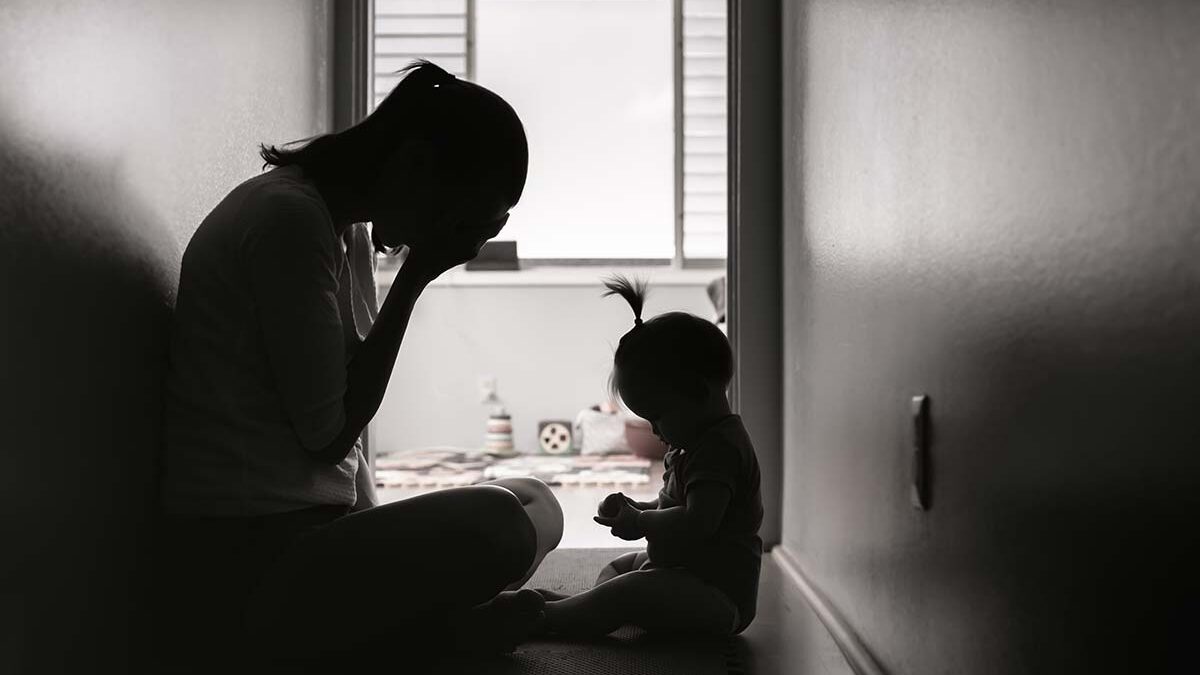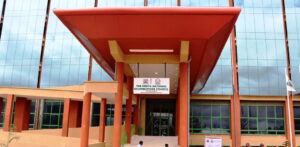May is the world’s mental health month, mental health is the state of mind of an individual. Issues such as depression, anxiety and bipolar are examples of mental diseases that an individual can go through. Still, we tend to forget and not speak on one mental issue that tends to affect women and mainly new mothers.
“After giving birth everyone around me stopped asking how I was doing and every topic turned into ‘How is the baby?’ This made me feel so unseen and it was like no one cared about me, and my worth was calculated by how good a mother I could be,”
Nyambura.
Postpartum depression is a type of depression widely experienced by women after giving birth to their newborn babies. Its symptoms vary from overwhelming sadness, crying, a feeling of guilt and the thought of not being a good enough mother for their children. A more advanced stage of this mental illness is referred to as postpartum psychosis.
Postpartum depression tends to hit harder for first-time mothers who have no experience of motherhood in any way. Some women explained the feeling as one of immense sadness due to a lack of knowledge on how to mind their kids. Also, they tend to reminisce on their previous lives when they were child-free.
Statistics show about 85% of women experience postpartum depression. Baby blues a name that is also used to refer to this type of mental problem is known to last for months or even longer after postpartum, with a mother coming out stating that she experienced this form of depression for about 3 years.
Read Also: Mother’s Day: More Women Choosing Childfree Life
After giving birth women tend to have imbalanced hormones in their bodies and it takes about 3-6 months for the hormones to go back to normal in their bodies, with the period varying among different individuals.
Childbirth is a unique experience for every single woman. Barring some similarities present in different childbirth experiences, we have to understand that overcoming situations such as this will be different for everyone. Mental strange is not equivalent across the board and as a mother work on yourself mentally at your own pace.
Postpartum depression can be caused by different things with the main one being the starting of a new path in life which is motherhood. In some cases, women tend to pull themselves aside from the normal crowd they used to have before motherhood, to focus on being a parent rather this type of self-isolation later creates the feeling of loneliness.

Another reason is the lack of support from their partners, friends or society. New situations put us in a spot that requires a helping hand but in the instances, when we are left all alone, the events eventually become too much for us to bear, especially if it’s our first time in such situations.
‘I had a six-month-old and I was pregnant with my second child, caring for myself and a six-month-old was already hard and the thought of a new child coming into the picture gave me so much anxiety. ‘Annie stated when I asked her the question of parenting.
‘After giving birth my husband was around for two months only, helping around the house and with the kids. Him leaving left everything in my hands, two kids and I was responsible for their everyday lives. This led to me forgetting about myself and falling into depression. ‘Annie continued.
The pressure that comes from society to be a perfect mother weighs heavy on women. “After giving birth everyone around me stopped asking how I was doing and every topic turned into ‘How is the baby?’ This made me feel so unseen and it was like no one cared about me, and my worth was calculated by how good a mother I could be,” Nyambura my grocery vendor told me.
When going through postpartum depression, some mothers tend to build up resentment either for themselves or for their partners, with some mothers even committing suicide. Hence a sense of awareness is needed around this topic with the need for women going through postpartum depression to seek help such as therapy and for more advanced stages such as postpartum psychosis medication can be administered.
















